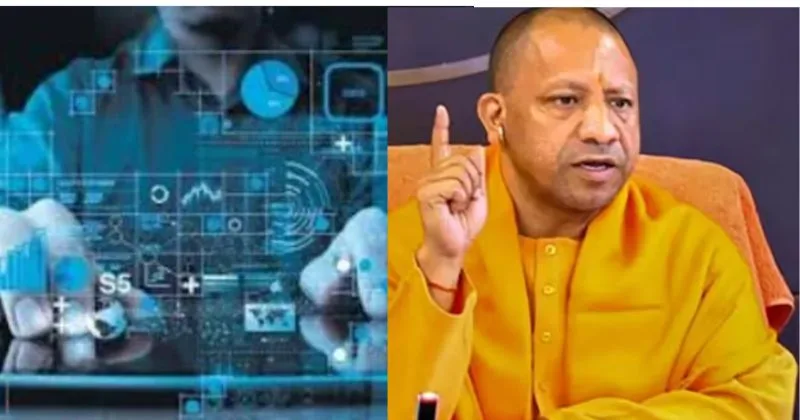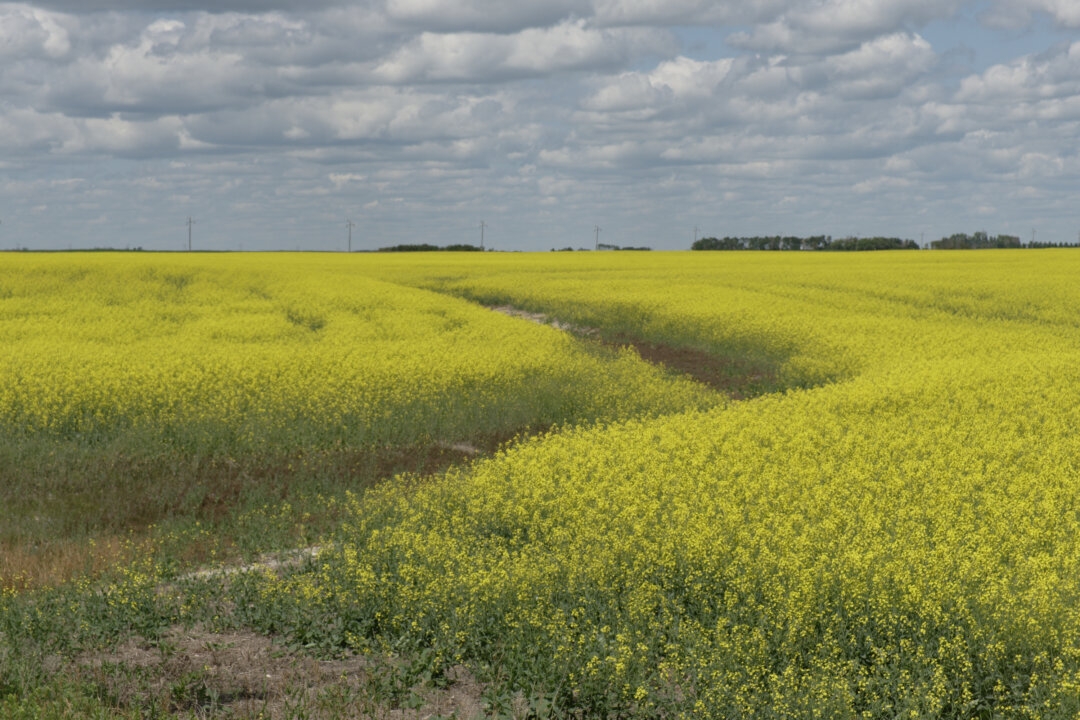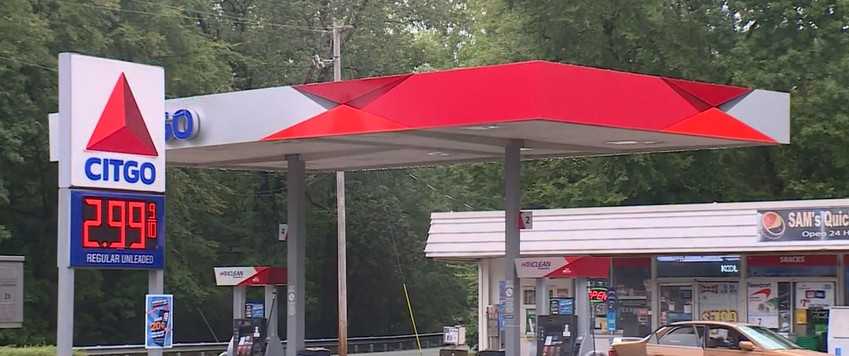
In a bold move aimed at transforming Uttar Pradesh into India’s first ‘zero-poverty’ state within the next year, the state government is leveraging digital technology to expedite its poverty alleviation efforts. A government spokesperson highlighted that the initiative focuses on swiftly identifying and supporting the poorest families, particularly in rural areas, through a centralised digital framework. At the heart of this campaign is the Zero Poverty portal and various mobile applications, which will facilitate the quick identification and verification of impoverished families.
The government plans to streamline the delivery of its various welfare schemes directly to these families, ensuring that assistance reaches those who need it most. By integrating technology, the state aims to enhance transparency and efficiency in monitoring the entire process from district to state levels. The central portal for the initiative can be accessed at http://zero-poverty.
in. Each government department involved in the initiative will have its own subdomain to simplify navigation. For instance, the rural development department will be found at http://rd.
zero-poverty.in, while the basic education department can be accessed at http://basic-education.zero-poverty.
in. This clear structure aims to eliminate confusion and enhance user experience. To address the needs of those working primarily in the field, the government has introduced the Mop-up mobile app.
This app will enable village-level employees and members of village committees to identify the poorest families swiftly. Over a period of just 30 days, village teams will be able to identify between 10 to 25 of the poorest families in their gram panchayat. The identified families’ records will be displayed on the dashboards of a five-member village committee, facilitating on-site verification and feedback submission via the app.
In addition to the Mop-up app, the Rishta mobile app, operated by the Livelihood Mission, will play a crucial role in tracking processes related to the BC Sakhi initiative. This app will provide insights into the identified poorest families, monitor Direct Benefit Transfer (DBT) payments, and report on related banking services. BC Sakhi will have real-time access to vital information, enhancing communication and efficiency among various departments and the government.
Village-level committee members will utilize the Rishta app to review details of the poorest families identified by village employees. They will perform separate on-site assessments, subsequently submitting their findings through the mobile app. A computer-based rating of these verified families will ensure that detailed information is readily available on the Zero Poverty Portal, enabling rapid implementation of government schemes.
To facilitate seamless communication, the CM Helpline will allow for web-based calls, ensuring that queries and concerns can be addressed efficiently. Additionally, the Mop-up mobile app will play a crucial role in keeping users informed with real-time alerts and notifications regarding the progress of the initiative and related government schemes. In an effort to engage the most marginalised communities, the Mop-up app will include a voice messaging option.
This feature empowers individuals in remote areas to voice their feedback or concerns directly to the government, ensuring their input is heard and integrated into the policymaking process. This inclusive strategy reflects the government’s commitment to not only identify but also actively involve impoverished populations in the development of solutions tailored to their needs. By harnessing technology and promoting effective communication, the Uttar Pradesh government aims to create a participatory environment, paving the way for more effective and responsive governance in its quest to eliminate poverty.
.










